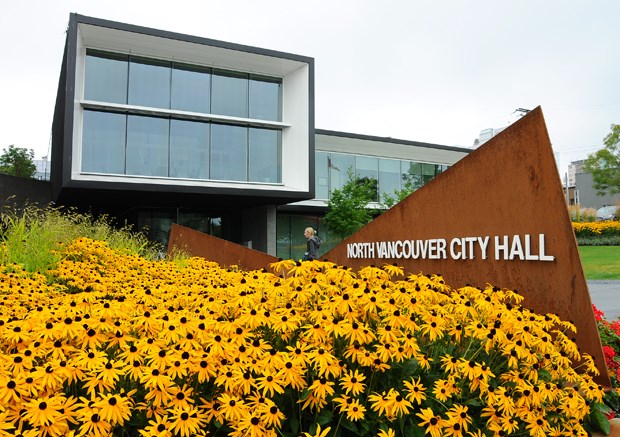Renters who are displaced by the redevelopment of their buildings in the City of North Vancouver may soon been entitled to more compensation from developers.
Coun. Angela Girard got unanimous support for a plan to increase financial assistance based on length of tenancy, as well as increased support for low-income and marginalized tenants who face barriers to finding affordable housing.
Since 2015, the city has required developers to compensate tenants with three months of free rent, access to a relocation co-ordinator who can help them find comparable suites, plus first right of refusal to move into the new development when it is complete.
“Perhaps the policy was sufficient in 2015, but I believe it is now inadequate, given that rental rates have increased by nearly 25 per cent since that time, as overall costs of living also increased,” Girard said.
The city has a goal to bring more purpose-built rental stock onto the market but oftentimes, those developments replace older rental buildings and displace the community members inside, Girard added.
“We know that renters account for a significant portion of the city's population, and they are an important and critical part of our city's social fabric. They are our nurses, our teachers, our coffee baristas, our childcare workers and our firefighters,” she said.
Vancouver and Burnaby both have stronger tenant relocation rules that city could borrow from, Girard added.
Earlier in the meeting, a group of renters facing demoviction from their 1961 rental apartment at 250 East 15th St., urged council to do more, saying the existing policy does little to shield them from brutal realities of today’s rental market.
“I'm a single mother, and during this pandemic my work was severely affected. These are very trying times for us financially and having my rent jump upwards of an extra $500 a month is simply not feasible for us,” Joslyn Nerdahl told council.
Girard’s motion has the blessing of the Harvest Project and North Shore Community Resource Society’s Community Housing Action Committee, which provide services to renters in crisis.
Providing a smoother landing for demovicted tenants is a good step, Coun. Tina Hu said but, she added, there is only one real long-term solution to the housing crisis.
“I heard from some of the speakers today that the compensation may not be enough, but it's a comfort to have for them to move forward,” she said. “But it doesn't change the fundamental problem that we need to have affordable housing.”
Coun. Tony Valente said he’d like to see the policy extended to tenants who are turned out from secondary suites within single-family homes, who currently have no protection from the city’s policies.
Most of the city’s rental buildings date back to the 1960s and '70s, Mayor Linda Buchanan noted, and when the federal government halted funding for rental projects in 1993, it was the beginning of today’s rental crisis.
“Not one. Zero purpose-built rentals were built in the City of North Vancouver because the business model doesn't work when there's not a lot of incentives for it. Many of these buildings have come to the end of their life,” she said.
Buchanan also attempted to assuage the concerns felt by people who may yet face demoviction from their older rental homes.
“Residents are feeling anxious and are really feeling unsure of where their place is in this community,” she said. “Everybody belongs. You matter to us.”
City staff are now expected to prepare a report with options for an enhanced tenant displacement policy for council to vote on.

